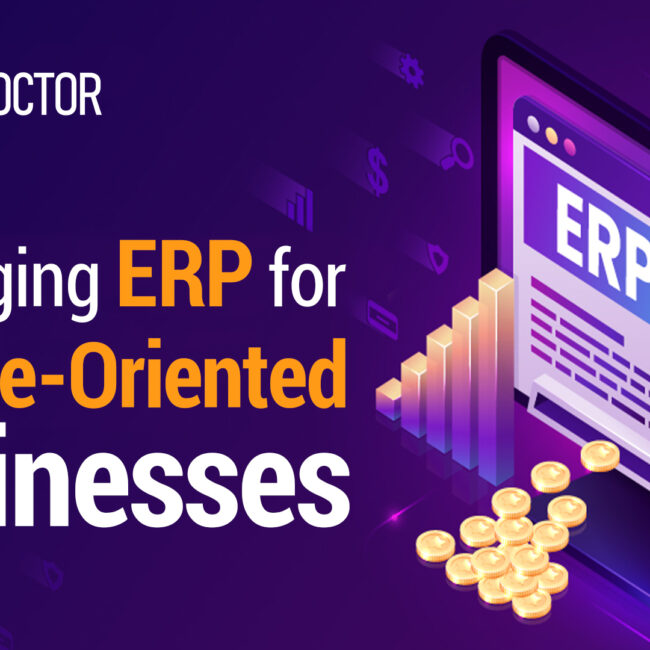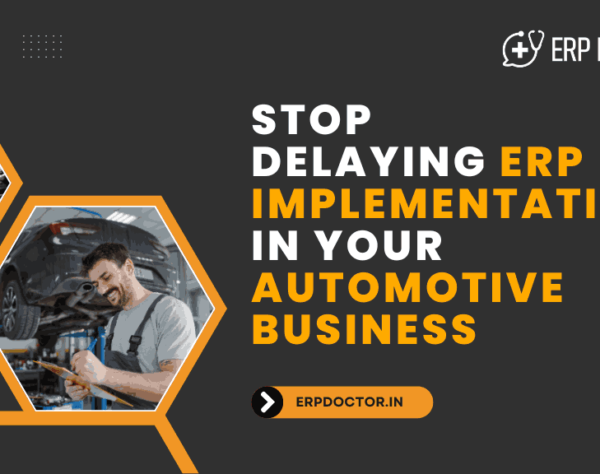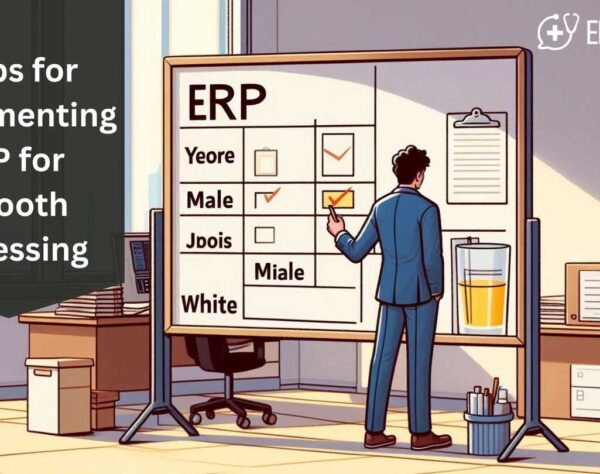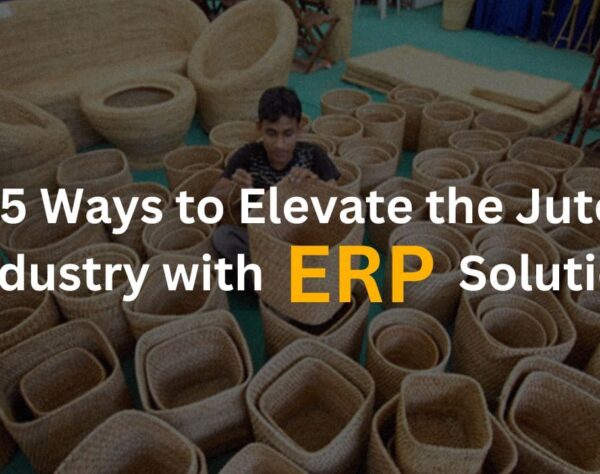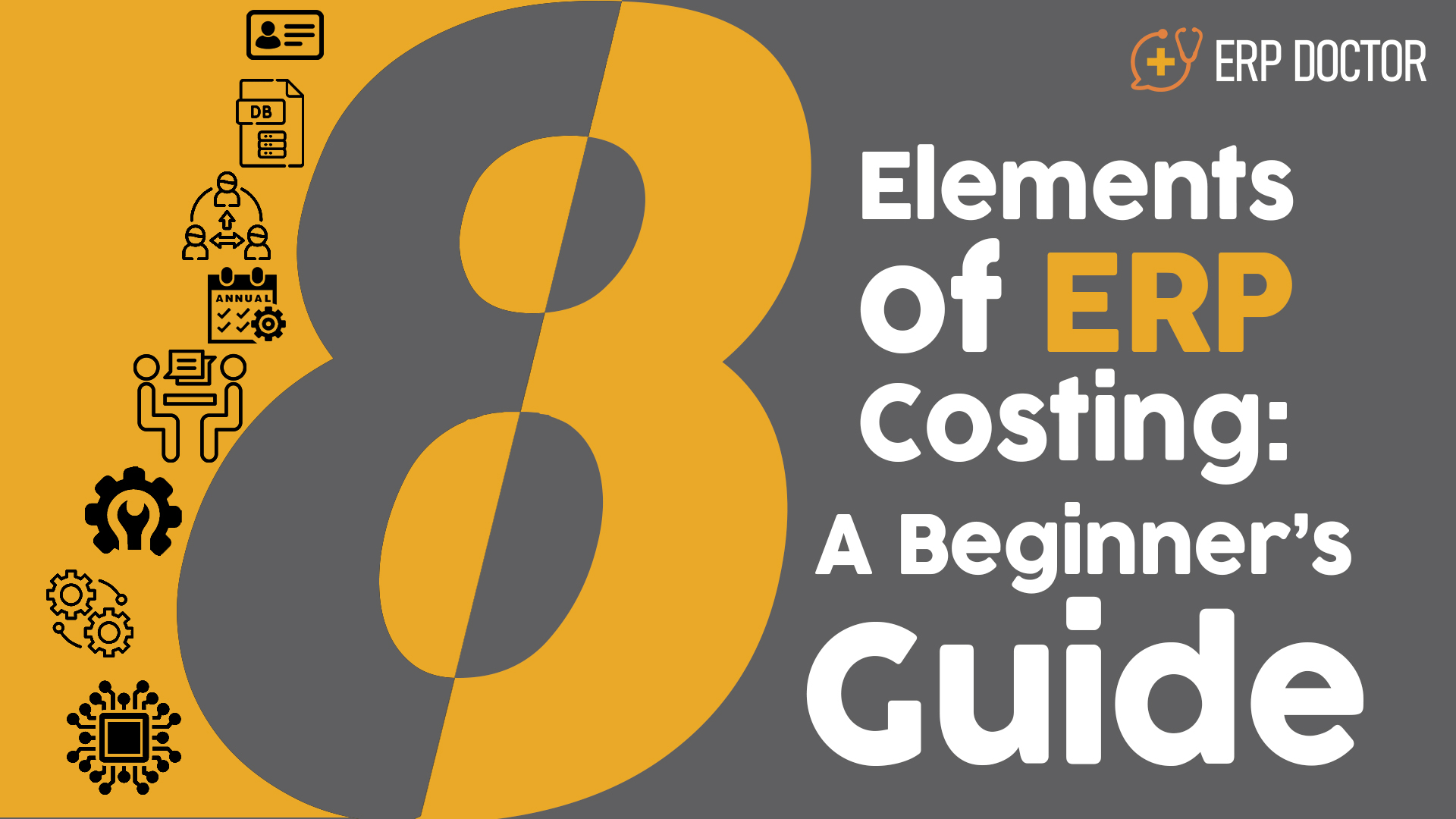
8 Elements of ERP Costing: A Beginner’s Guide
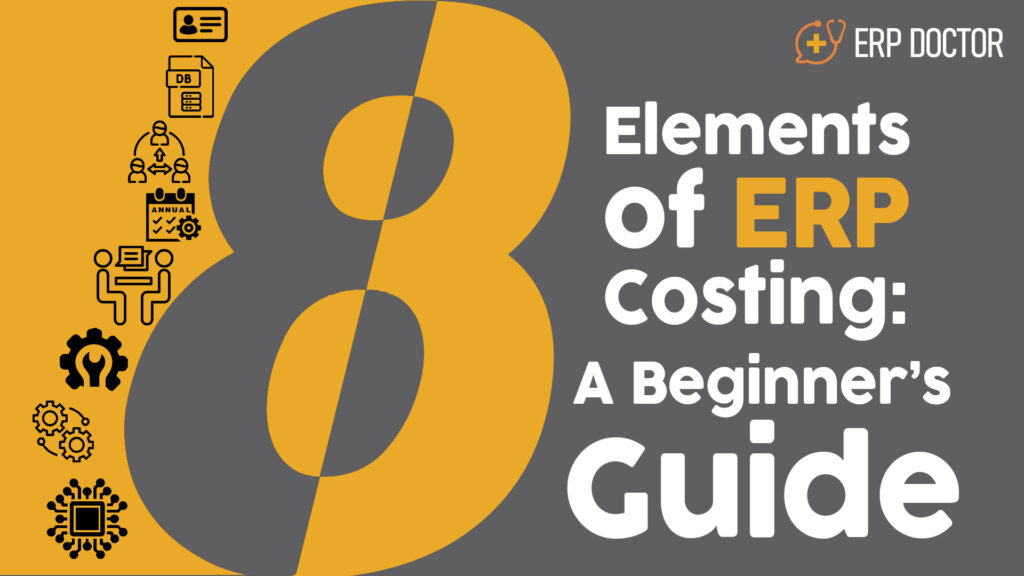
ERP Costing: Understanding the 8 Key Elements
Implementing an Enterprise Resource Planning (ERP) system is a significant step for any business. While the benefits of enhanced efficiency and streamlined operations are clear, understanding the cost elements associated with ERP can be challenging, especially for beginners. In this beginner’s guide, we will break down the eight essential elements of ERP costing, helping you gain a clear understanding of the financial aspects involved in acquiring and implementing an ERP solution.
1. ERP Software Licensing:
The cost of ERP software licensing is a fundamental element. It includes the purchase of the ERP software itself and is typically based on the number of users or modules required for your business.
2. ERP Implementation and Customization:
The process of implementing and customizing the ERP system to meet your specific business needs incurs costs. This element includes project management, software configuration, data migration, and any necessary custom development.
3. Hardware and Infrastructure:
You’ll need the appropriate hardware and infrastructure to run your ERP software. This may involve investing in servers, data centers, and network infrastructure.
4. Training and Education:
Training your staff to use the ERP system effectively is a crucial element of ERP costing. It encompasses the cost of training materials, trainers, and the time your employees spend learning the system.
5. ERP Maintenance and Support:
ERP systems require ongoing maintenance and support, which may involve software updates, bug fixes, and technical assistance. Budget for this essential element to keep your system running smoothly.
6. Data Integration:
Integrating your ERP system with other software and systems in your organization is a cost element that ensures seamless data flow between platforms.
7. Consultation and Expertise:
Hiring ERP consultants or experts to guide you through the selection and implementation process is an investment in success. Their expertise can help you make informed decisions and optimize your ERP system.
8. Hidden Costs:
Hidden costs may arise during ERP implementation, such as unexpected customizations or additional hardware requirements. Being prepared for these surprises is crucial for staying within your budget.
Understanding the eight key elements of ERP costing is essential for any business embarking on an ERP implementation journey. By comprehensively evaluating and budgeting for each element, you can make well-informed decisions that ensure a successful ERP system adoption and maximize the benefits it brings to your organization.
For more insights on ERP costing and guidance tailored to your specific needs, feel free to contact us. We’re here to help you navigate the world of ERP solutions and make the most of your investment.



